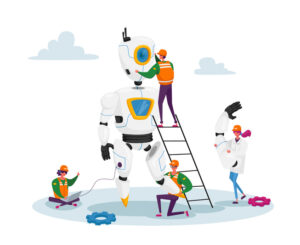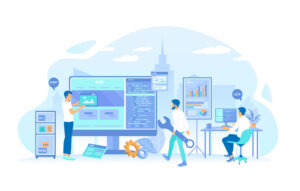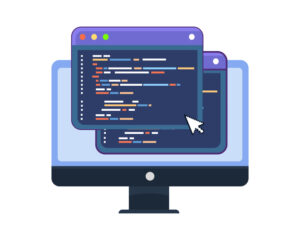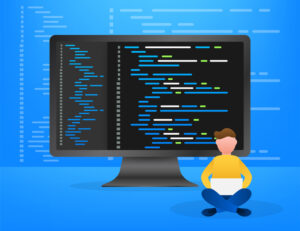Landing a job as a data analyst is no small feat. The field is competitive, and companies are looking for candidates who can not only crunch numbers but also communicate insights clearly and effectively. If you’re preparing for an interview, it’s essential to be ready for a range of questions that test both your technical skills and your ability to apply them in real-world situations.
In this post, we’ll dive into some common data analyst interview questions, plus tips on how to answer them like a pro. Whether you’re fresh out of school or making a career change, this guide will help you prepare for whatever the interviewer throws your way.
1. "Tell Me About Your Experience with Data Analysis Tools"
Expect this one right off the bat. Employers want to know that you’re familiar with the essential tools used in data analysis, and they’ll be looking for experience with platforms like Excel, SQL, Tableau, and Python.
Tip: Don’t just list the tools you’ve used — share specifics about how you’ve applied them. For instance, have you used SQL to pull complex queries? Have you created dashboards in Tableau? Give examples that show your depth of experience and how you’ve used these tools to solve problems.
2. "How Do You Approach Data Cleaning?"
Data cleaning is one of the most time-consuming — and critical — parts of data analysis. Interviewers want to know that you understand the importance of cleaning raw data before diving into analysis. Expect to be asked about the steps you take to ensure your data is clean and usable.
Tip: Talk about methods you’ve used to handle missing data, eliminate duplicates, and standardize formats. You might also mention tools you’ve used for data cleaning, like Python libraries (Pandas, NumPy) or Excel functions. Don’t forget to stress the importance of accuracy and attention to detail.
3. "Can You Explain the Difference Between Structured and Unstructured Data?"
This question tests your understanding of different data types and how they’re handled. Structured data is neatly organized in rows and columns (think databases), while unstructured data is raw and unorganized (like emails, social media posts, or video content).
Tip: Don’t just define these terms — explain how each type of data might be used in a business context. Structured data is often analyzed using SQL or Excel, while unstructured data may require more advanced tools like natural language processing (NLP) or machine learning.
4. "How Do You Handle Large Data Sets?"
When working with large data sets, speed, efficiency, and scalability become crucial. Employers want to know how you handle big data without bogging down your system or wasting time.
Tip: Mention any experience with tools designed to handle large data sets, such as SQL databases, Hadoop, or cloud-based tools like AWS. Highlight any strategies you use to optimize performance, like indexing or breaking the data into smaller chunks.
5. "What’s Your Experience with Data Visualization?"
As a data analyst, it’s not enough to just crunch the numbers — you need to communicate your findings clearly to others. Data visualization plays a key role in that process.
Tip: Be prepared to discuss your experience creating charts, graphs, and dashboards to convey complex data in an easy-to-understand way. Tools like Tableau, Power BI, and Python’s Matplotlib are often used for this purpose. Highlight any specific projects where your visualizations helped inform decisions or drive action.
6. "Tell Me About a Time You Solved a Complex Data Problem"
Interviewers love behavioral questions that give you the chance to showcase your problem-solving skills. This question will likely ask you to talk through a challenging data analysis project you’ve worked on.
Tip: Use the STAR method (Situation, Task, Action, Result) to structure your answer. Focus on a specific problem you faced, the tools or techniques you used to solve it, and the positive outcome that resulted. For example, did you help a team make a data-driven decision or streamline a process with your analysis?
7. "Can You Explain How You Would Predict Future Trends Using Data?"
This question assesses your ability to make predictions using historical data — a key skill for data analysts, especially when dealing with forecasting.
Tip: Discuss your experience with predictive modeling or time-series analysis. You might mention using regression models, machine learning algorithms, or even Excel’s forecasting features. Be sure to explain how you would approach building a model, testing it, and refining it to improve accuracy.

Conclusion
Preparing for a data analyst interview means getting comfortable with both technical and behavioral questions. By anticipating these common questions and practicing your responses, you’ll be better equipped to showcase your skills, experience, and problem-solving abilities. With the right preparation, you’ll be able to demonstrate not only your analytical skills but also your ability to communicate complex data insights clearly.








